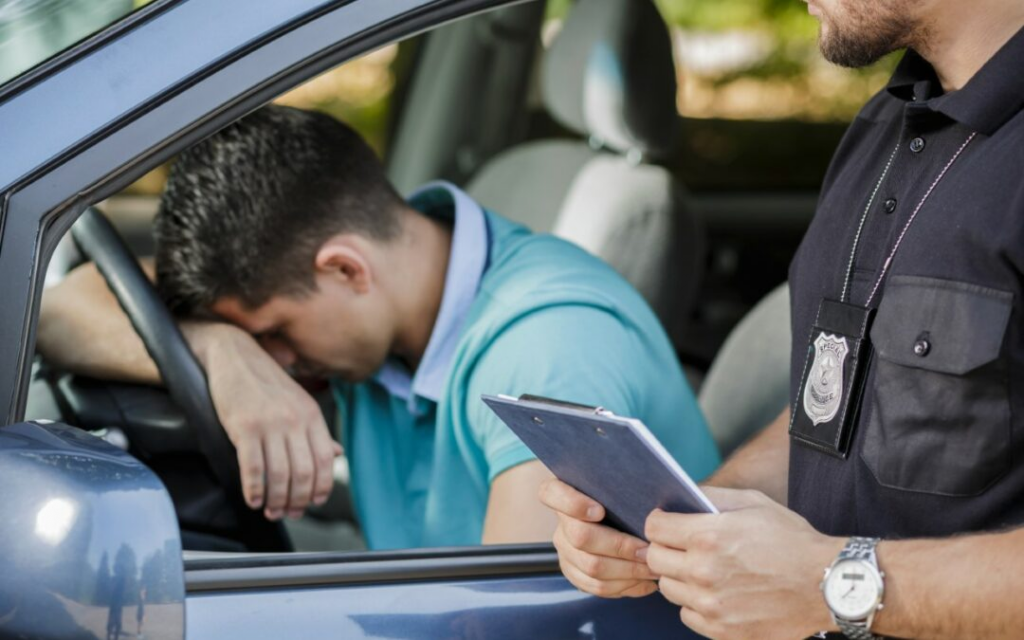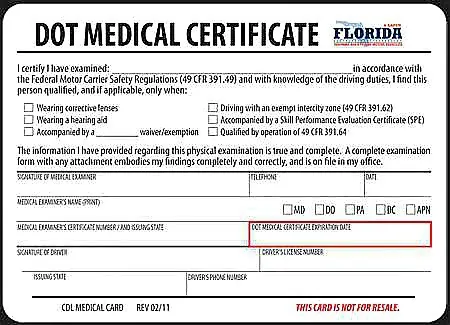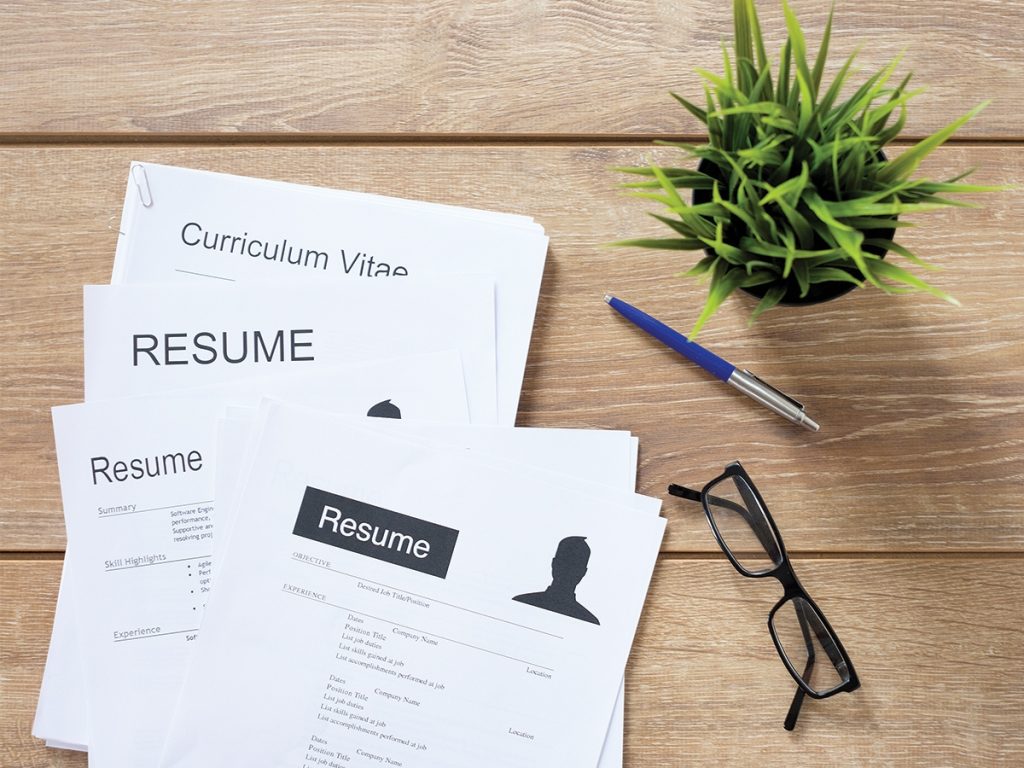To commercial drivers, the CDL is their career-defining credential. However, even a minor speeding ticket in personal vehicle with CDL may have an effect on your driving profession. A speeding ticket, even in a non-commercial vehicle, the consequences can be great, impacting not just your driving record but perhaps your career. Let’s take a further look at what happens if you get a speeding ticket with a CDL in your personal vehicle and how it might impact you. Scrolling down and exploring now!
What happens if a driver gets a speeding ticket in personal vehicle with CDL?
Even if you are driving your personal vehicle, as a CDL holder, receiving a speeding ticket can have serious ramifications. Here is a breakdown of how the potential impacts may affect your CDL and your career.

Immediate financial penalties and points record
Consequences for the CDL driver who receives a speeding ticket while driving a vehicle outside of work will be similar to any other driver immediately after the infraction: fines and points added to his driving record. However, that impact can be significantly worse for CDL holders because they are held to high standards even when off-duty.
For example, according to the California vehicle code, speeding tickets above 10 mph can result in up to a $500 fine. Besides the fine, two points are added to the record of the driver. These points are important to CDL holders because running too many points in a specified period-that is, usually 4 points in 12 months, 6 points in 24 months, or 8 points in 36 months-leads to a license suspension. Even though these points were built up in a personal vehicle, they can still affect a CDL holder’s eligibility to drive commercially.
Employer notification requirements
The law requires that for all states, CDL holders report to their employer any traffic violation occurring, whether in a personal vehicle or otherwise. The FMCSA states drivers shall report violations to their employer within 30 days after receipt of the citation. It would include all other traffic violations except parking tickets, placing an obligation on the employer to be aware of a driver’s full risk profile and any potential safety concerns.
The notification rule of FMCSA shall assist employers in keeping track of drivers in compliance with federal and company standards of safety. The traffic violations recorded even in personal vehicles are important ones to note and enhance integrity and safety within commercial operations.
Risk of CDL disqualification
A speeding ticket or other serious violation in a personal vehicle may result in CDL disqualification in driving commercially. The Federal Motor Carrier Safety Administration holds CDL drivers to higher standards, applying stricter rules and penalties for traffic violations to them than to standard drivers.
Serious traffic violations are defined as: excessive speeding-usually 15 mph or more above the posted limit; reckless driving; driving any vehicle without a valid CDL or CLP for that category of vehicle; improper or erratic lane changes. A driver who commits two serious traffic violations within a three-year period in either their commercial or personal vehicle could face a minimum 60-day suspension of their commercial driving privileges. A third serious violation within three years could result in a 120-day suspension.
Impacts on employment and career prospects
A speeding ticket taken in a personal vehicle can still affect a CDL holder’s career, as many employers view any traffic violation as a potential risk. Disciplinary actions and even termination in companies that take safety seriously are the consequences. Insurance companies base commercial rates on personal driving history, so a speeding ticket may raise premiums, which employers may turn around and pass to drivers or choose not to pay at all and not hire drivers that have recent violations.
Further, CDL holders with personal record violations can also face obstacles in securing higher-paying employment, as those places may require a clean record. In return, it will impact the accessibility of other jobs requiring special endorsements, such as carrying dangerous materials, which are generally in need of a clean record in driving history. Even one speeding ticket for personal vehicles can limit career opportunities in the future within this industry of commercial driving.
FAQs
1. How to get out of a speeding ticket with a CDL?
It is not possible to completely get out of a speeding ticket; however, you may work with an attorney to explore options such as pleading to a non-moving violation or taking traffic school to reduce points. Some CDL drivers do contest tickets, in particular when they feel the ticket was given in error.
2. How long do speeding violations stay on your CDL record?
Time does vary based on the state, but in general, speeding tickets remain on your driving record for three to five years. Note the points are removed from your record, the violation may still show to employers and insurance companies.
3. What happens if you get a speeding ticket in personal vehicle with a CDL in Texas?
In Texas, CDL holders are held to a higher standard, even in personal vehicles. Thus, a simple speeding ticket has the potential to land points on your record, higher insurance rates, and possible employer penalties. Texas also enforces strict reporting requirements; so you’ll need to notify your employer within 30 days of the offense.
Final thoughts
Speeding ticket in personal vehicle with CDL can have a great impact on your CDL because such tight laws of regulations ensure public safety and maintain high standards within the commercial driving industry. Knowing the implications of traffic violations when you are a CDL holder can enable you to make informed choices and protect your driving career. If you are cited for speeding, taking any follow-up steps to minimize the effects of the ticket, such as traffic school or even seeing a traffic attorney will help minimize the impact on your CDL. Be careful on every journey!



